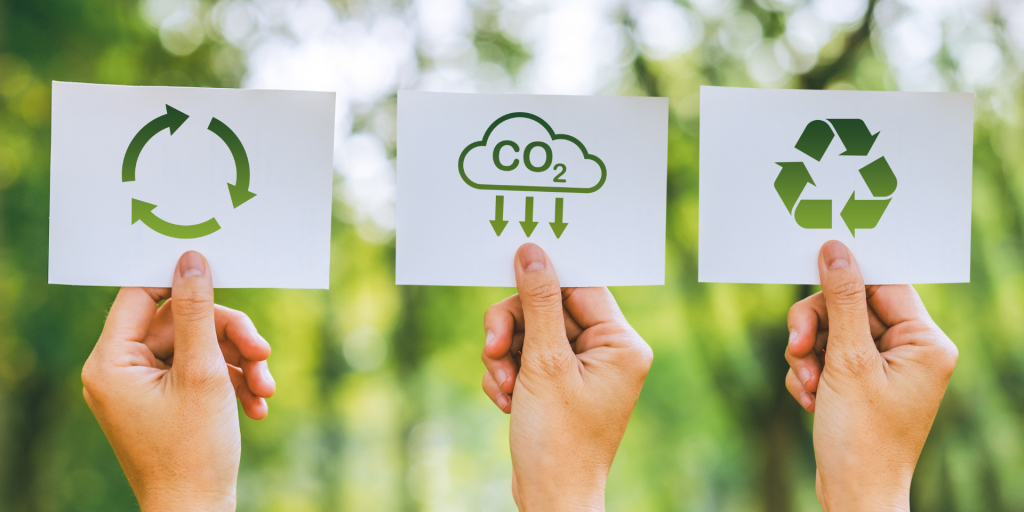Sustainable Tourism: Tourism MSMEs practice sustainable measures in the face of the water crisis in the Coquimbo Region
Eurochile Business Foundation provides guidance to tourism MSMEs to address water scarcity issues, within the framework of the programme “Reactivation of Regional Tourism with Circular Economy”.

The programme “Reactivation of Regional Tourism with Circular Economy”, promoted by the Eurochile Business Foundation and financed by the Regional Government through the Innovation Fund for Competitiveness (FIC) and aimed at micro, small and medium-sized tourism enterprises (MSMEs) in the Coquimbo Region, is progressing with the implementation of good sustainable practices.
Marilú Mansilla, head of projects in the area of Sustainability and Circular Economy at Eurochile, explained that the tourism sector has not been unaffected by the drought process affecting the municipalities that make up the IV Region, which has led to a process of transformation towards the development of sustainable tourism products and services.
“For several years the region has been facing a water shortage crisis that hinders all productive industries and its citizens, during the year 2023 there was no rainfall, which increased this crisis. Currently, the situation is critical, according to data provided by the Centre for Advanced Studies in Arid Zones (CEAZA) there is only 10% of water stored throughout the region“.
During the development of the training workshops within the framework of the programme, the professional indicated that guidance has been provided to the beneficiaries on the management of the water crisis in the context of sustainable tourism. Among the measures recommended are water saving through the use of double tank toilets, raising awareness among tourists about water consumption, the use of grey water for irrigation, the extension of the use of sheets, as well as the optimisation and maintenance of swimming pools, among other practices.
SUSTAINABLE TOURISM DEVELOPMENT
The programme aimed at training 200 MSMEs has enabled feedback on the sustainable processes being developed in the Coquimbo Region.
In that sense, the Eurochile project executive highlighted that most companies have implemented actions to safeguard water use. “Although most of them were not aware that this was part of a circular economy approach, they were doing it to reduce their costs and, at the same time, to address the decrease in water use due to the regional crisis. Thanks to the project, we were able to identify companies in the region that already practice sustainable measures“.
He also highlighted the good practices implemented by the hotel “Terra Diaguitas”, located in the city centre of La Serena. This establishment not only raises awareness among its guests about the responsible use of water, but also provides information material, promotes the reuse of towels and encourages the prolonged use of sheets.
On the other hand, in the commune of Salamanca, two examples of sustainable tourism were highlighted: the restaurant “Delicias de El Tebal” and the cabins “Pircas de Arboleda”. These exemplary places use grey water for irrigation, showing a commitment to environmental practices.
Additionally, the Elqui Valley stands out as a success story, especially with the “Cavas del Valle”, a fully organic winery. This winery has designed its wine production processes with the aim of minimising water and energy use, demonstrating a sustainable approach throughout its operation.
Finally, the professional highlights the benefits of implementing good practices, which are reflected in the accounting results of a tourism business. On the economic side, sustainable methods contribute to reducing electricity and water consumption, which translates into lower costs. In addition, they facilitate more efficient management processes, also reducing the burden on human capital.
“It is important to consider that the profile of the tourist is changing, showing a preference for companies that adopt sustainable practices, which contributes to improving business. In this sense, we have emphasised these points during the project trainings, keeping the entrepreneurs informed about the benefits derived from various sustainable practices,” she said.
